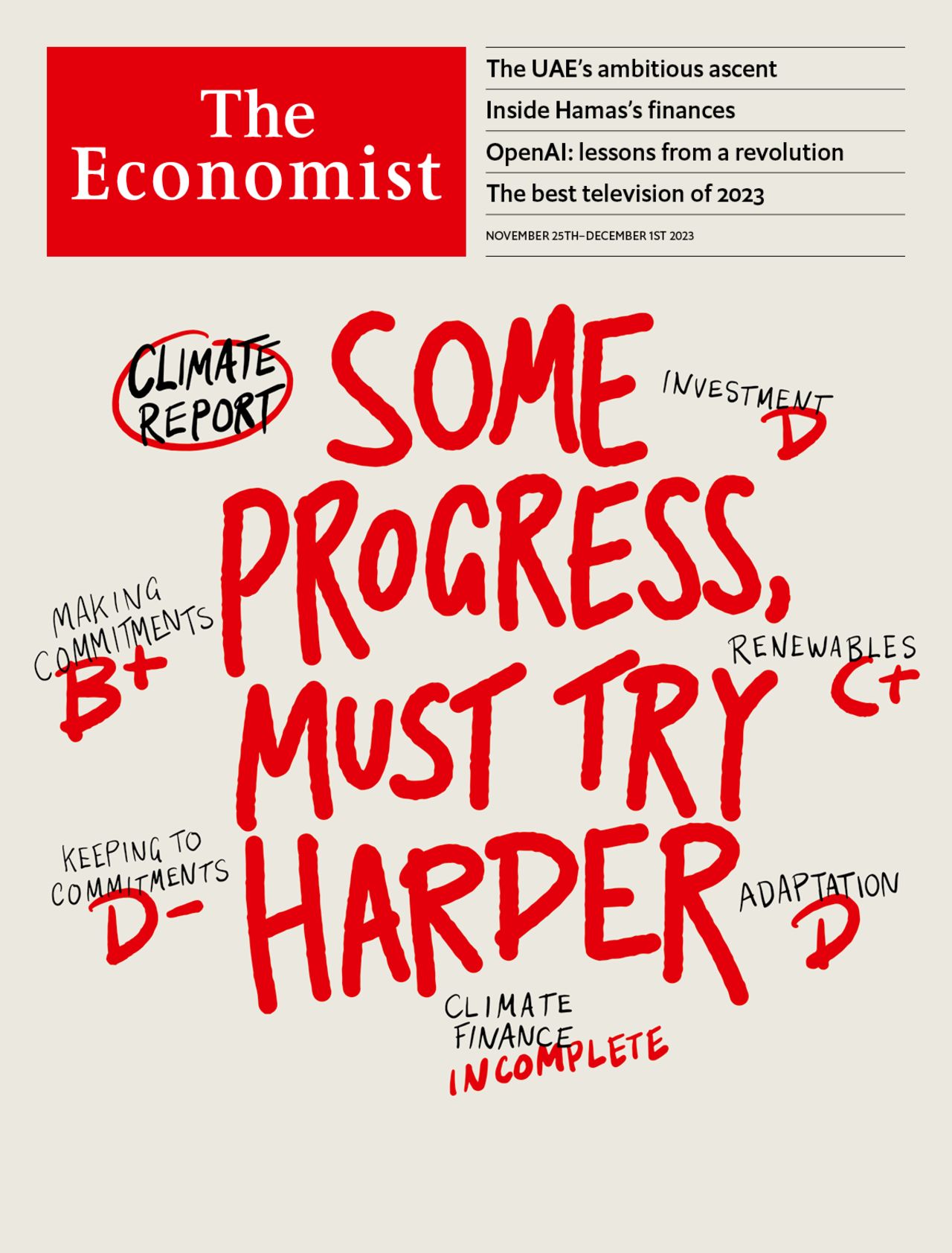As a pause in fighting begins, Husam Zomlot calls for a comprehensive ceasefire
Peace can only be achieved by inverting the Oslo process, says the Palestinian ambassador to Britain
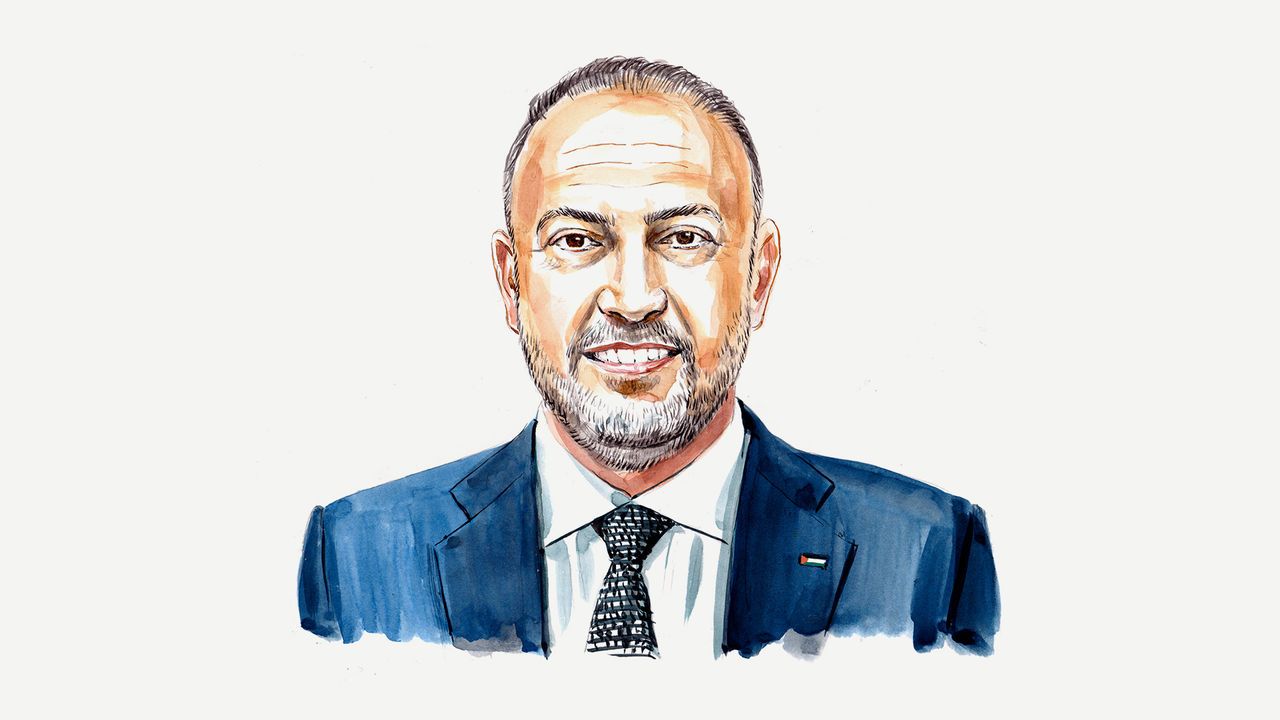
THIS IS A defining moment, not only for Palestine, Israel and the broader Middle East, but for the international order and the world.
The idea voiced in a recent Economist editorial that “a ceasefire is the enemy of peace” and would benefit Hamas is shocking and betrays an alarming lack of policy foresight and moral clarity. A comprehensive ceasefire—lasting in nature, unlike the pause for hostage releases that began today—would benefit peace. It would first benefit Palestinian civilians, who have endured unimaginable suffering in recent weeks. It would stop the spread of hostilities in the region. And it would open up a historic opportunity to treat the root cause of the conflict.
More from By Invitation
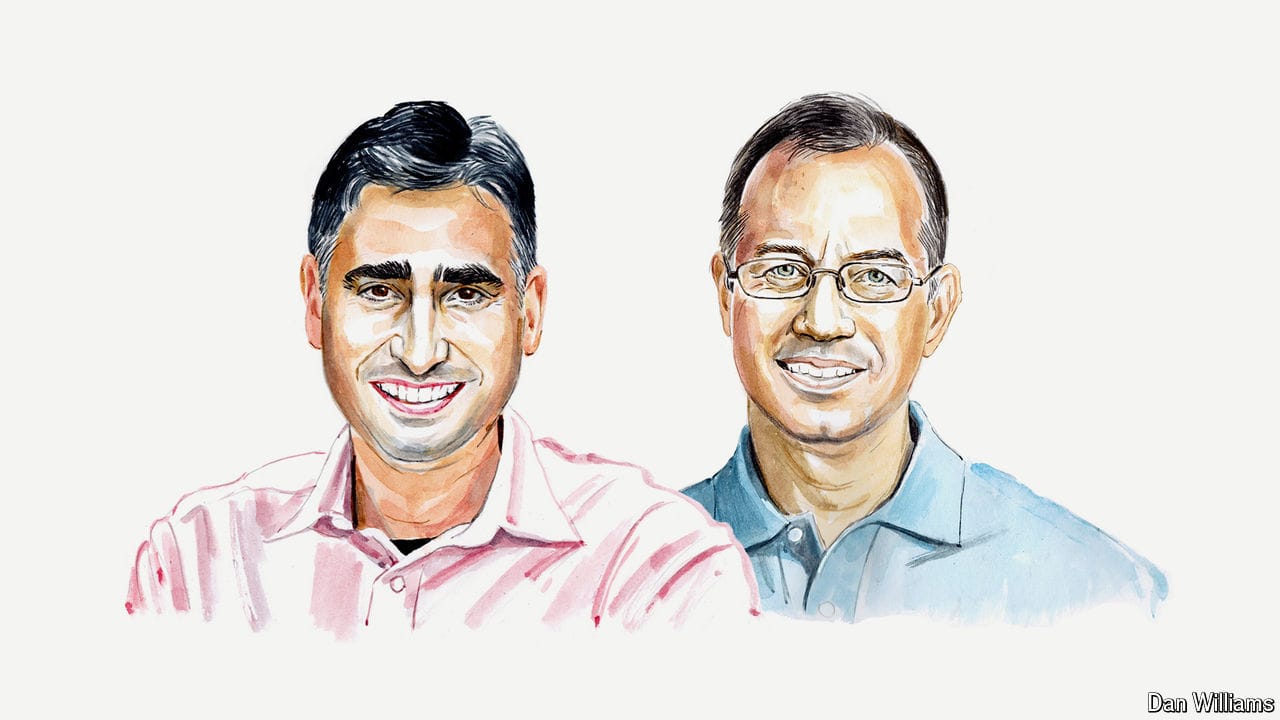
Keep the code behind AI open, say two entrepreneurs
Martin Casado and Ion Stoica argue that open-source models will power innovation without compromising security
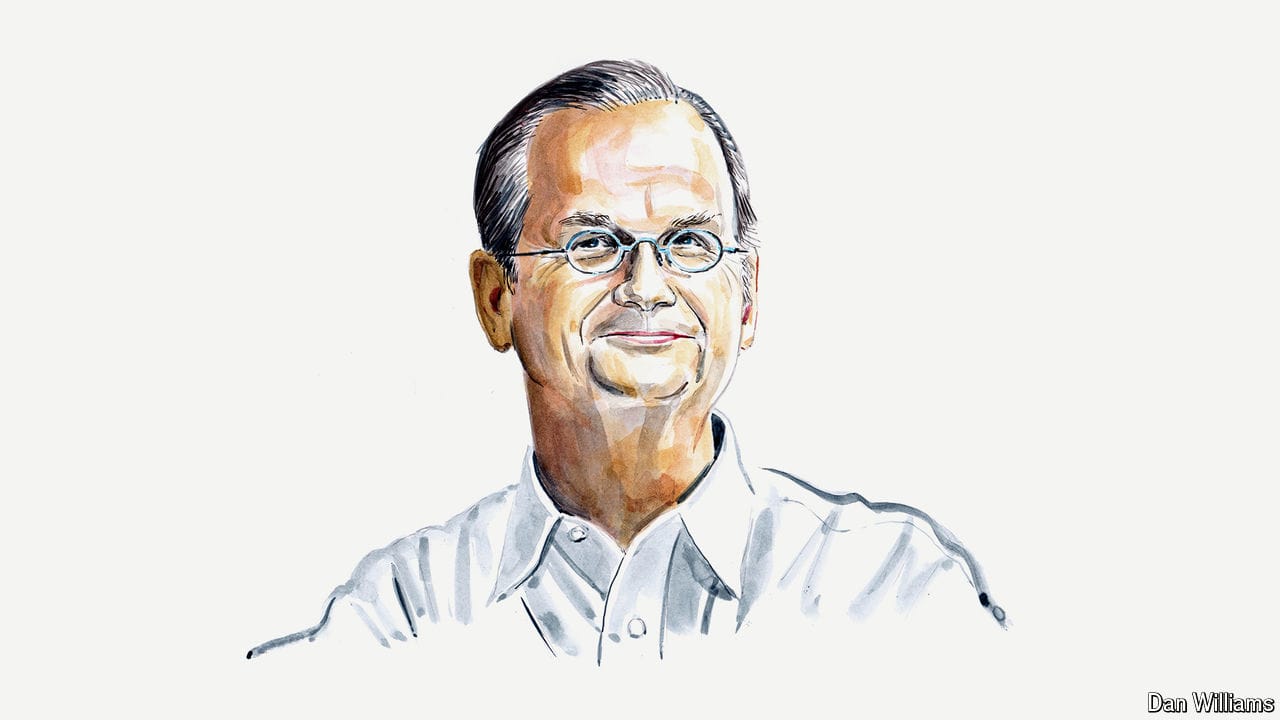
Not all AI models should be freely available, argues a legal scholar
The more capable they are, the greater the risk of catastrophe, reckons Lawrence Lessig
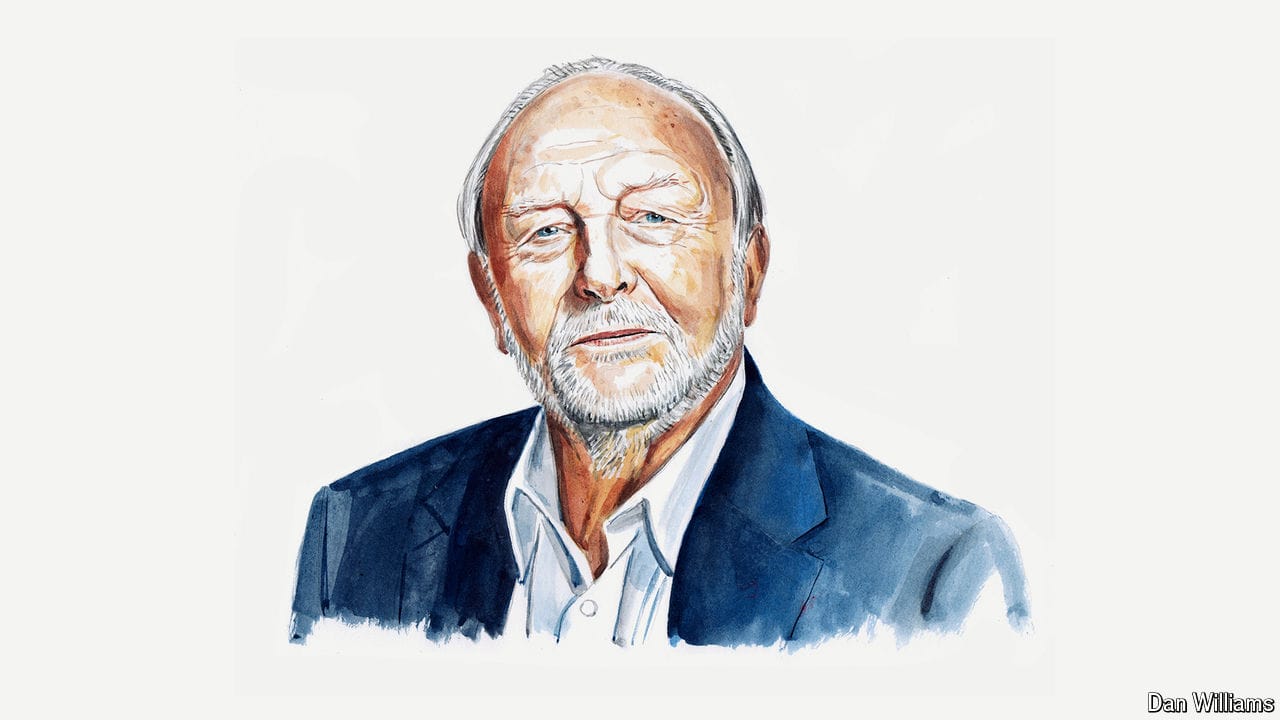
Neil Kinnock on the post-war-like challenges facing Keir Starmer
A lack of social cohesion compared with 1945 makes them even more daunting, says the former Labour leader and Starmer confidant
A prominent donor on why the Democrats shouldn’t anoint Kamala Harris
A competition to replace Joe Biden would better serve the party, and the country, argues Joe Ravitch
Halt the Olympics to save the planet, pleads a sports historian
David Goldblatt thinks pausing the spectacle might jolt the world into grasping the severity of the climate challenge
Rachael “Raygun” Gunn on the new sport that will invigorate the Olympics
The Australian breaker hopes we’ll all soon be talking about B-Girls, B-Boys and double airflares
